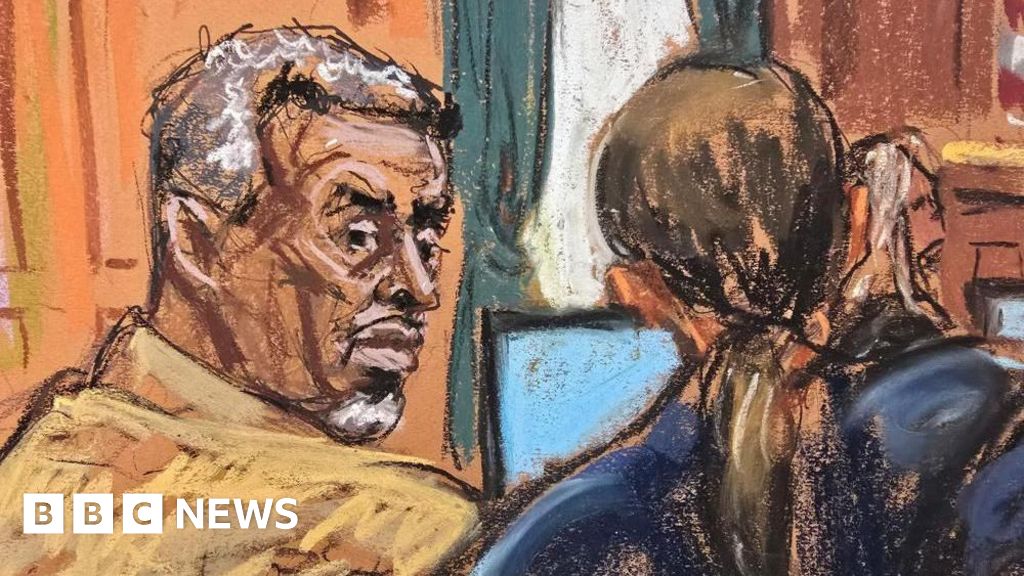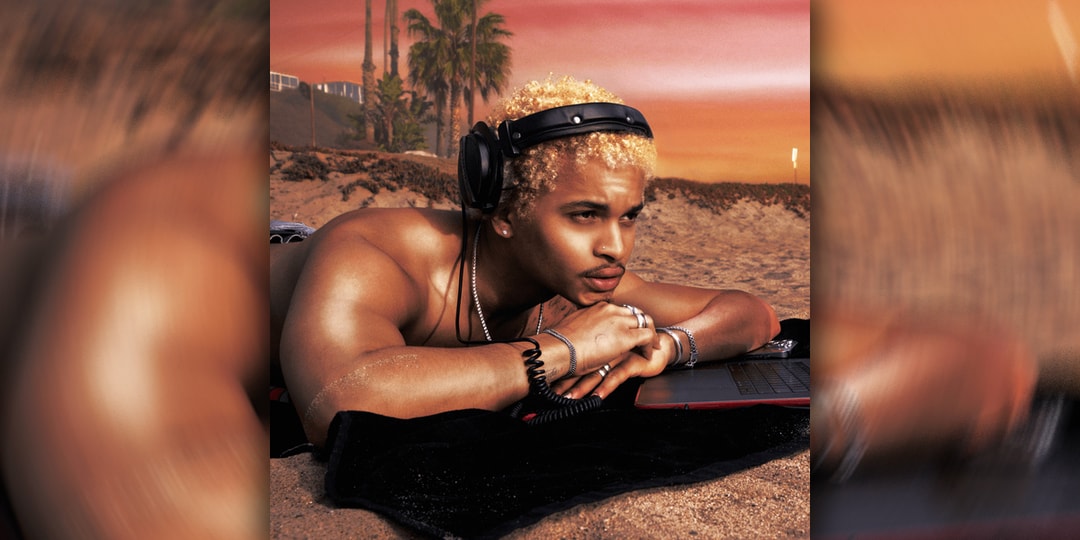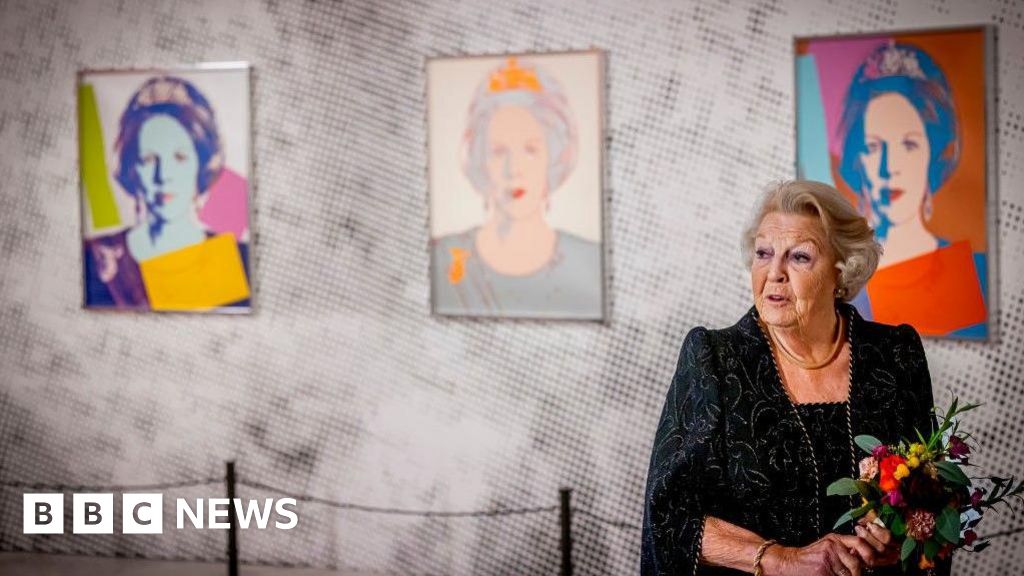Diddy's Lawyers Defend 'Swinger Lifestyle' as Trial Approaches

In a courtroom filled with tension, the trial of Sean "Diddy" Combs, a prominent figure in the music industry and one of the most successful rappers in the United States, is set to commence with jury selection on May 5. This high-profile case has already garnered significant media attention, especially following the recent court hearing held in New York where Mr. Combs' legal team outlined their defense strategy in the face of serious charges.
On Friday, during a pre-trial hearing, federal prosecutors disclosed that they had offered Mr. Combs a plea deal, which he ultimately rejected. The details of this deal remain undisclosed, but the refusal indicates Mr. Combs' intention to fight the allegations against him vigorously.
At the hearing, Mr. Combs, now 55 years old, appeared attentive as he listened to the proceedings, occasionally passing notes to his lawyers and sharing a brief smile with one of his sons who was present in the wood-paneled courtroom. His attorneys, including Marc Agnifilo, articulated their defense by asserting that the rapper's lifestylecharacterized by having multiple sex partners, including sex workerswas a common practice and should not be criminalized.
Agnifilo argued, "There's a lifestyle, call it swingers or whatever you will, that he thought was appropriate because it was common. Many people think it's appropriate because it's common." This defense strategy suggests that the legal team aims to frame Mr. Combs' actions within the context of societal norms surrounding consensual relationships.
However, the charges against Mr. Combs are severe and include racketeering conspiracy, sex trafficking, and transportation for the purpose of engaging in prostitution. If found guilty, he could potentially face life imprisonment, making the stakes incredibly high as the trial approaches.
Judge Arun Subramanian ruled that Mr. Combs' team could reference his lifestyle in their defense arguments but prohibited them from citing other well-known figures associated with similar lifestyles or examples of individuals who have allegedly hired sex workers. This ruling raises questions about the boundaries of the defense's arguments and how they will navigate the evidence presented by the prosecution.
Furthermore, the judge allowed prosecutors to introduce crucial evidence in the form of a video depicting a physical altercation between Mr. Combs and his former partner, singer Cassie Ventura, which took place in a hotel in 2016. Although Mr. Combs' lawyers acknowledge that he is the individual seen in the video kicking and dragging Ms. Ventura down a hallway, they argue that the footage is misleading, claiming it was sped up and out of sequence when broadcasted by CNN last year. They have requested that the video be excluded from evidence, emphasizing its potential to mislead the jury.
In addition to the video evidence, prosecutors plan to call two witnesses who will testify regarding the video's authenticity. They are also seeking to admit testimony from an alleged victim who intends to recount a "medical procedure" related to the sex trafficking claims, although the judge has yet to make a ruling on this matter.
As the prosecution prepares to present its case, they have indicated their intention to showcase footage from a sexual encounter involving Mr. Combs, which they argue should not be made public due to its sensitive nature. Allegations against him suggest that he orchestrated elaborate parties known as "Freak Offs," where victims were allegedly coerced into sexual performances. Mr. Combs legal team counters these claims by insisting that any interactions were consensual.
The upcoming trial is expected to last as long as ten weeks and will unfold in New York City. While it is anticipated to be open to the public, it will not be livestreamed, adding to the intrigue surrounding this sensational case. Opening statements in this pivotal trial are scheduled to commence on May 12, setting the stage for what promises to be a gripping legal battle.


















